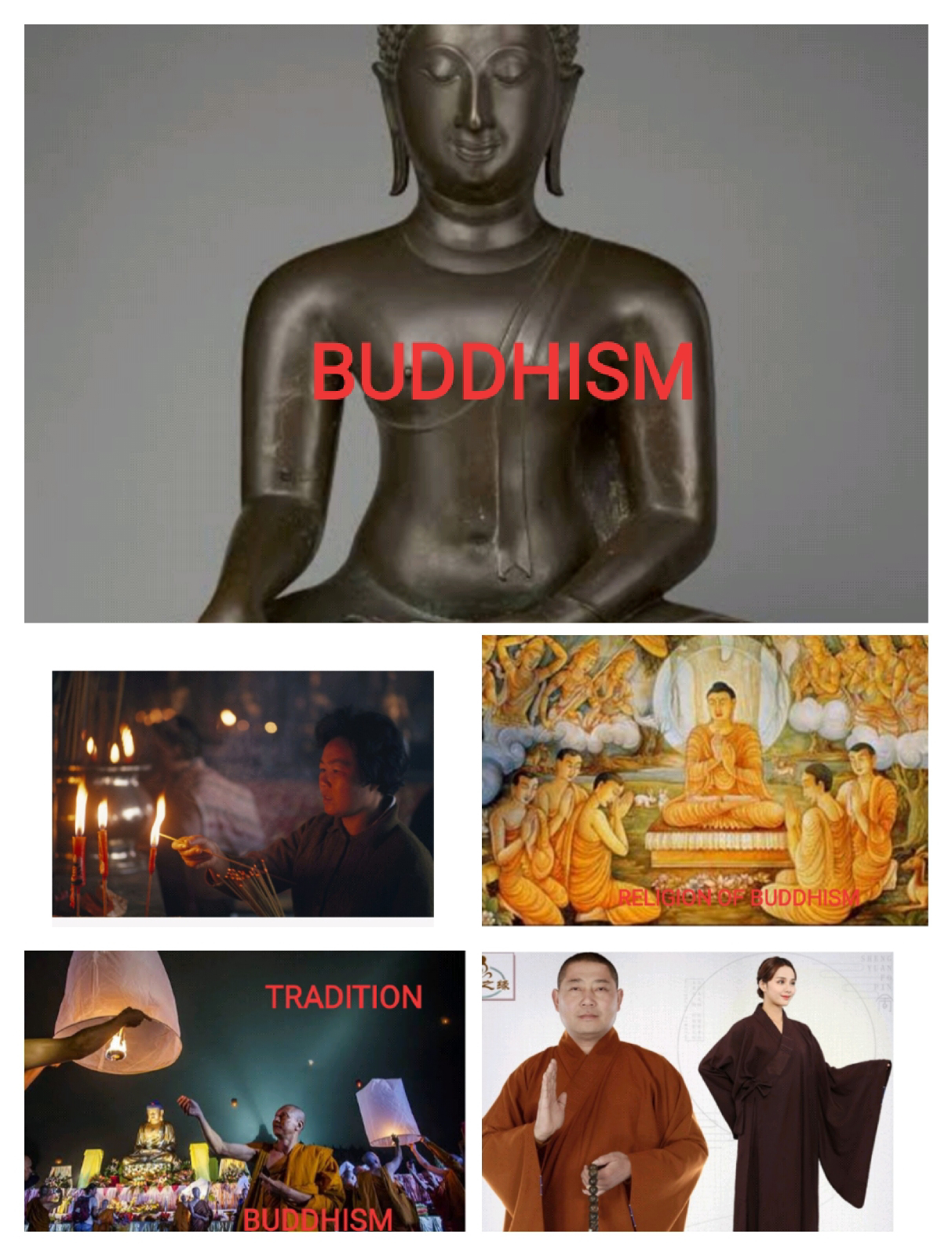The Oriental/thoughts of Confucianism, Taoism, and Buddhism.
Confucianism, Taoism and Buddhism
ByCharles Custer
Confucianism, Taoism, and Buddhism constitute the essence of the traditional Chinese culture. The relationship among the three has been marked by both contention and complementation in history, with Confucianism playing a more dominant roleConfucius (Kongzi, 551-479 B.C.), the founder of Confucianism, stresses "Ren" (benevolence, love) and "Li" (rites), referring to respect for the system of social hierarchy. He attaches importance to education and was a pioneering advocate for private schools. He is particularly famous for teaching students according to their intellectual inclinations. His teachings were later recorded by his students in "The Analects."
Confucianism also ancient system beliefs which focus on the importance of personal ethics morality, a philosophy and beliefs system from ancient China which laid the foundation for much of Chinese culture. culture
The central concept of the Tao describes a spiritual reality the order of the universes as being in harmony with the virtues of compassion and moderation, where as, Confucianism is concern with a more day to day ruled of conduct, while TAOISM is concerned with a more spiritual level of being.
TAOISM has had a profound influence on Chinese culture in a course of the centuries and Taoism (Chinese, Pinyin,;Daoshi; "matters of the Tao")a title traditionally attributed only to the clergy and not to their lay followers. They also usually take care to note the distinction between their rituals traditional and practices of Chinese folk religion and non toaist vernacular ritual orders. They have also Chinese alchemy Chinese astrology, Chan (Zen).Buddhism, several martial arts traditional Chinese medicine, feng shui, in Taoism throughout history.









